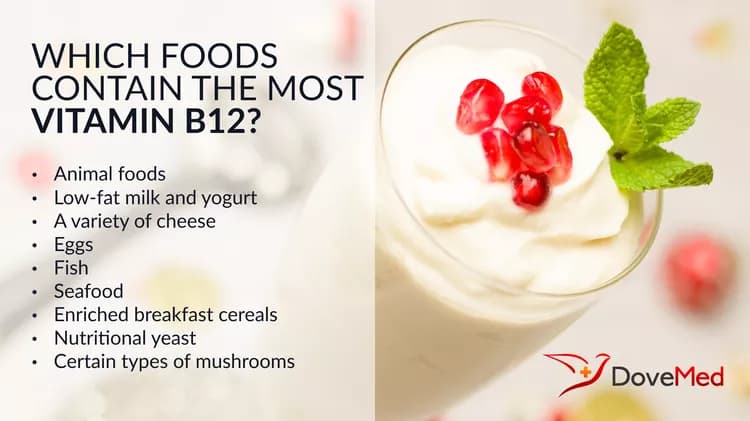Vitamin C, or ascorbic acid, forms a very important water-soluble nutrient that is responsible for several functions of the human body. Vitamin C is essential in treating and preventing scurvy (which can cause symptoms such as tender gums, tooth loss, easy bruising, and muscle pain), tissue repair, proper functioning of the immune system, and as an important antioxidant. It is also responsible for the synthesis of collagen protein, which is vital for the skin and bones, and for enzyme(s) production that play a key role in neurotransmitter formation.
This nutrient offers a variety of health benefits including reduced risk for high blood pressure (hypertension), seasonal allergies, asthma, gingivitis, and gout. Vitamin C is said to help cure the common cold. However, it has been established that large doses of vitamin C can help in reducing the severity and duration of common cold symptoms, but does not offer protect against the infection (or prevent common cold).
If an abnormally excess amount of vitamin C builds-up in the body, due to the intake of vitamin C medications and supplements, it can result in conditions such as rebound scurvy, vitamin B12 deficiency disorder, and dental enamel erosion. An excess buildup in the body can also lead to the formation of kidney stones and higher levels of iron absorption.
There is a wide range of plant foods that are sufficient natural sources of vitamin C or ascorbic acid. Following is a list of foods that are high in vitamin C:
- Papayas, guavas
- Citrus fruits including orange, lemon, and lime
- Tomatoes
- Carrots
- Cantaloupe
- Fruits that include pineapple, strawberries, kiwifruit, watermelon, plum, apple, banana, pear, apricot
- Bell peppers
- Green leafy vegetables including Brussels sprouts, spinach, broccoli, kale, cauliflower, cabbage, turnip greens, Bok Choy, and asparagus
- Grapefruits
- Basil, celery, cilantro, and parsley
- Thyme and fennel
- Raspberries, blueberries, cranberries, etc
- Garlic
- Potatoes
- Cucumber
It is important to note that if you are trying to incorporate vitamin C into your diet, heating, freezing, and long-term storage of these foods may destroy the vitamin C content, since it is a very instable vitamin. Hence, it is evident that plant foods rich in vitamin C have to be consumed fresh, as far as possible.
The Food and Nutrition Board at the National Academy of Sciences outlines the following recommendations for vitamin C intake. The recommended dietary allowances (RDA), or the average daily intake, to meet the body’s nutritional needs are as follows:
- Children:
- 6 months and younger - 40 milligrams/day
- Between 7-12 months - 50 milligrams/day
- 12 months to 3 years - 15 milligrams/day
- From 4 to 8 years - 25 milligrams/day
- From 9 to 13 years - 45 milligrams/day
- Adolescents and adults:
- Between 14 to 18 years - 75 and 65 milligrams/day for males and females respectively
- Over 19 years - 90 and 75 milligrams/day for males and females respectively
- Pregnant women and breastfeeding mothers - 85 and 120 milligrams/day respectively (if under 19 years, then 80 and 115 milligrams/day respectively)
Chronic smokers are known to have lower body levels of vitamin C, and hence, must consume more vitamin C rich foods (at least 35 mg per day over and above the recommended daily values).
Nevertheless, it is evident from the list of various natural food sources of vitamin C that incorporating them into one’s daily diet is simple and beneficial. Vitamin C toxicity from consuming foods high in dietary vitamin C is not generally reported, although the same does not hold true for intake of vitamin C supplements. Thus, it is always recommended to take the advice of a suitable healthcare professional before bringing about any alteration to your regular food habits, such as incorporating more foods high in vitamin C and/or prior to taking any multivitamin supplements.
Related Articles
Test Your Knowledge
Asked by users
Related Centers
Related Specialties
Related Physicians
Related Procedures
Related Resources
Join DoveHubs
and connect with fellow professionals


0 Comments
Please log in to post a comment.